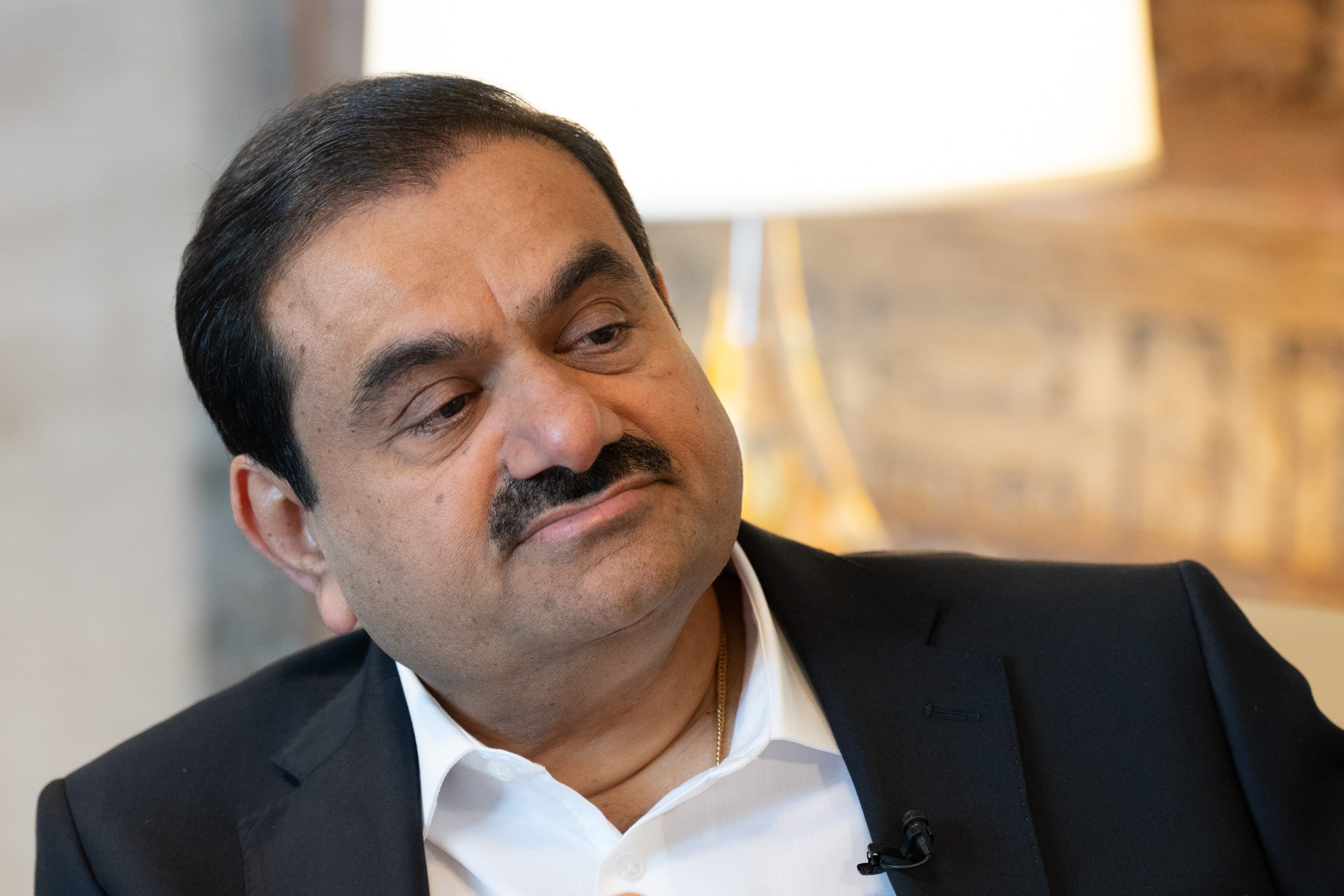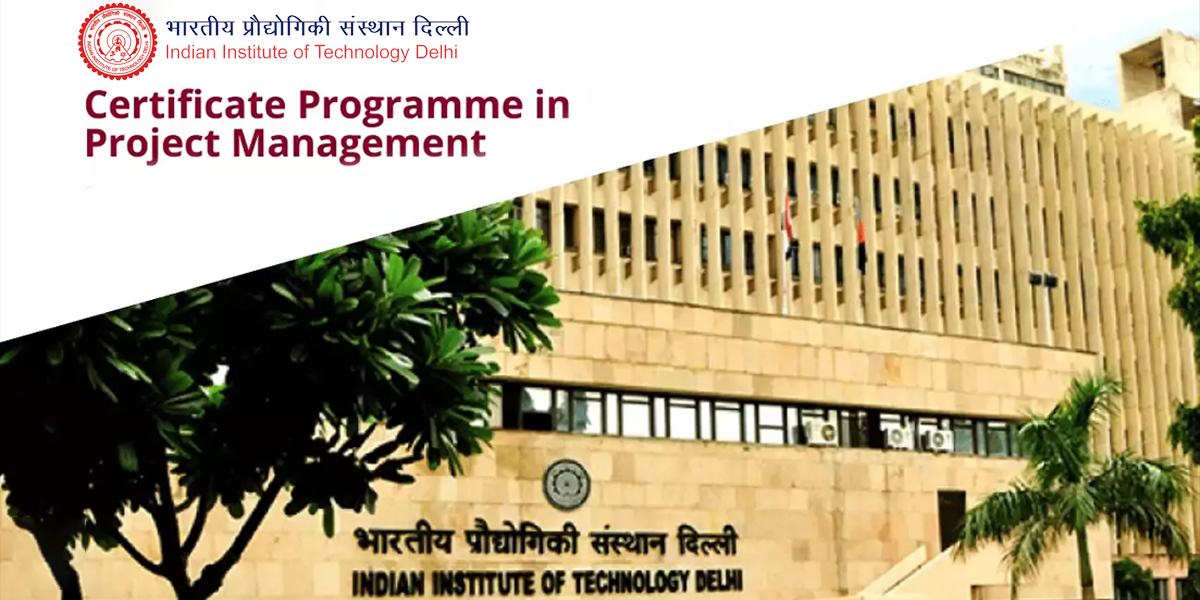| Tender → | C. Date | O. Date |
|---|
| India | 31-Jan-2025 06:08 PM | 15-Jan-2025 06:07 PM |
| Maharashtra Natural Gas Ltd.||Corporate Office Pune||Contracts and Procurement | 24-Jan-2025 11:35 AM | 25-Jan-2025 11:35 AM |
| Maharashtra Natural Gas Ltd.||Corporate Office Pune||Contracts and Procurement | 30-Nov--0001 12:00 AM | 08-Jan-2025 04:21 PM |
| Maharashtra Natural Gas Ltd.||Corporate Office Pune||Contracts and Procurement | 30-Nov--0001 12:00 AM | 02-Jan-2025 04:09 PM |
| Maharashtra Natural Gas Ltd.||Corporate Office Pune||Contracts and Procurement | 30-Nov--0001 12:00 AM | 02-Jan-2025 04:09 PM |
| Tender for Appointing PNGRB approved TPIA for T4S Audit of Pune, Nashik, Sindhudurg and Ramanagara GAs | 30-Nov--0001 12:00 AM | 10-Jan-2025 03:54 PM |
| B. Events → | Location | Date |
|---|
| Indusfood 2025 | Greater Noida | January 8 – January 10 |
| India’s Urban Mobility & Infrastructure Show | Greater Noida | January 19 – January 22 |
| Bharat Construction Equipment Expo 2025 | Greater Noida | January 19 – January 22 | Indusfood 2025 | Greater Noida | January 8 – January 10 |
| India’s Urban Mobility & Infrastructure Show | Greater Noida | January 19 – January 22 |
| Bharat Construction Equipment Expo 2025 | Greater Noida | January 19 – January 22 |
| Bharat Construction Equipment Expo 2025 | Greater Noida | January 19 – January 22 | Indusfood 2025 | Greater Noida | January 8 – January 10 |
| India’s Urban Mobility & Infrastructure Show | Greater Noida | January 19 – January 22 |
| Bharat Construction Equipment Expo 2025 | Greater Noida | January 19 – January 22 |
Pahalgam Terror Attack Sparks Global Concern and Regional Tensions
The recent terror attack in Pahalgam, Jammu and Kashmir, has not only shaken the Indian subcontinent but also drawn the attention of the international community. The attack, which took place on April 22, 2025, resulted in the tragic death of 26 civilians, most of them Hindu tourists. Once again, the incident has stirred up tensions between India and Pakistan, with both sides trading serious accusations and stepping up their diplomatic efforts in response.
Pakistan Calls for UNSC Meeting After Attack
Following the attack, Pakistan called for an urgent closed-door meeting of the United Nations Security Council (UNSC) to discuss what it described as the “deteriorating security situation” in the region. The meeting was held on May 5, 2025, and lasted approximately 90 minutes. Even though the session wrapped up without any official statement or resolution, several diplomats there stressed how important it is to stay calm, keep talking, and find a peaceful way to handle the rising tensions between the two nuclear-armed countries.
Pakistan Defends Itself and Demands Investigation
Pakistan’s Permanent Representative to the United Nations, Asim Iftikhar Ahmad, addressed the media after the meeting and claimed that the purpose of the UNSC consultation was to allow member states to discuss the worsening security landscape in South Asia. He mentioned that Pakistan is still worried about what India is doing in Kashmir and warned that if tensions keep escalating, it could cause even more instability in the region. Pakistan also calls for a fair and open investigation into what happened in Pahalgam, stressing that they aren’t responsible and that the violence likely stems from India's own internal issues.
India Blames Pakistan-Based Terror Groups
India, on the other hand, firmly rejected Pakistan’s stance and accused it of supporting cross-border terrorism. According to Indian officials, the terror attack in Pahalgam was carried out by Lashkar-e-Taiba and its proxy outfit, The Resistance Front, both of which are believed to operate with Pakistan’s backing. In response to the attack, India took a series of stern diplomatic and strategic measures. These included suspending visa services for Pakistani citizens, expelling Pakistani diplomats, halting imports from Pakistan, suspending the Indus Waters Treaty, and banning Pakistan-flagged ships from entering Indian ports. Additionally, India stopped all categories of mail and parcels from Pakistan and shut down the Attari-Wagah land transit post.
Indian Leadership Responds Strongly
Prime Minister Narendra Modi called the attack “a shocking and painful tragedy” and vowed that justice would be delivered. Defence Minister Rajnath Singh labeled the incident as an act of cowardice and reiterated that the Indian Army and intelligence agencies were working around the clock to bring those responsible to justice. Meanwhile, the Indian public has expressed outrage, with many demanding tougher action against Pakistan and terror outfits operating from its soil.
Global Reactions: Calls for Peace and Restraint
The attack and the diplomatic fallout have raised concerns in the international community. Several countries, including the United States, United Kingdom, Russia, China, France, Australia, Saudi Arabia, and the United Arab Emirates, condemned the Pahalgam attack and offered condolences to the victims’ families. The United Nations Secretary-General Antonio Guterres also condemned the violence and reminded both nations that targeting civilians is a grave violation of international law.
Diplomatic Efforts to De-Escalate the Crisis
In an effort to de-escalate the situation, Iran’s top diplomat Abbas Araghchi visited Pakistan and is scheduled to meet with Indian officials next. Meanwhile, Assistant Secretary-General of the United Nations Khaled Mohamed Khiari urged both India and Pakistan to resolve the conflict peacefully through dialogue. He highlighted that increasing hostility would only bring more suffering to the people of both nations and could destabilize the wider South Asian region.
Military Readiness on Both Sides Increases
Despite these calls for calm, military movements have increased on both sides. India has placed its armed forces on high alert and intensified surveillance and search operations in Kashmir. Pakistan, too, has conducted missile tests and closed its airspace to Indian aircraft, signaling its preparedness for any escalation. Minor cross-border firing incidents have already been reported, though no casualties have been confirmed so far.
The Road Ahead: Dialogue or Danger?
In the background, analysts and peace advocates are urging both countries to step back from the brink of war. They argue that open conflict would not only endanger millions of lives but also cause irreparable damage to both economies. Instead, the focus should be on dismantling terrorist networks and fostering regional cooperation.
As the situation continues to unfold, the path ahead is uncertain. The people of both India and Pakistan remain anxious, hoping that their leaders will prioritize diplomacy over confrontation. Whether the Pahalgam attack becomes a turning point for renewed peace talks or leads to further hostilities will depend on the decisions taken in the coming days. The international community will be closely watching, ready to support any effort aimed at restoring stability and peace in South Asia.
…A Year in Space: 10 Biggest Space Missions and Events That Defined 2024
The year 2024 has been a landmark one for space exploration, with a series of groundbreaking missions and events that have not only expanded humanity’s understanding of the universe but also set the stage for future exploration beyond Earth. From ambitious missions to distant planets to advancements in space technology and international collaborations, 2024 has proven to be a year of scientific discovery and technological innovation. Here are the 10 biggest space missions and events that defined the year:
NASA’s Artemis II: The First Crewed Mission to the Moon in Over 50 Years After decades of anticipation, NASA’s Artemis II mission successfully launched in 2024, marking the first crewed mission to the Moon since the Apollo missions in the 1970s. The spacecraft, carrying four astronauts, orbited the Moon before returning to Earth, testing the new Orion spacecraft and SLS rocket system. This mission is a crucial step toward the goal of landing astronauts on the Moon again in 2025 as part of the Artemis program.
China’s Chang’e-8 Lunar Mission In 2024, China took another giant leap in lunar exploration with the successful launch of its Chang’e-8 mission. This mission is designed to further study the Moon’s surface and gather data in preparation for future lunar exploration. The Chang’e-8 spacecraft will test new technologies, including in-situ resource utilization, a key component for building sustainable bases on the Moon.
SpaceX’s Starship Launches its First Crewed Mission SpaceX’s Starship, a massive spacecraft designed for deep-space travel, made a historic leap in 2024 with its first crewed mission. The spacecraft carried astronauts to low Earth orbit for a series of tests to demonstrate its potential for future missions to the Moon, Mars, and beyond. This marked a significant achievement in SpaceX's plan to make space travel more accessible and affordable.
James Webb Space Telescope: Discovering New Exoplanets The James Webb Space Telescope continued to revolutionize our understanding of the universe in 2024. It made headlines with the discovery of several new exoplanets, some of which are located in the habitable zone of their parent stars. These discoveries are helping scientists narrow down the search for potentially habitable worlds beyond our solar system.
India’s Gaganyaan Mission: Preparing for Crewed Spaceflight India’s space agency, ISRO, made significant progress toward launching its first human mission, Gaganyaan, in 2024. The unmanned test flight of Gaganyaan was a key milestone in India's journey toward sending astronauts into space. This mission is expected to be a game-changer for India’s space program and could pave the way for future crewed missions to the Moon and Mars.
NASA’s Perseverance Rover: Milestone Achievements on Mars NASA's Perseverance Rover continued its groundbreaking exploration of Mars in 2024, sending back stunning images and vital scientific data. In addition to searching for signs of ancient life, the rover also collected samples from the Martian surface for a future return mission. The data gathered by Perseverance is helping scientists learn more about Mars’ history and its potential to support life.
The First Successful Private Space Station In a major leap for commercial space endeavors, 2024 saw the launch of the first fully functional private space station. Built and operated by a partnership of private companies, the station is designed for scientific research, space tourism, and commercial ventures. Its success marks a significant shift in how space missions are carried out and opens the door for further private sector involvement in space exploration.
NASA’s Dragonfly Mission to Titan NASA’s Dragonfly mission, set to launch in 2024, is poised to become one of the most exciting space missions in the coming years. Dragonfly is a rotorcraft designed to fly across the surface of Titan, Saturn’s largest moon. Titan’s thick atmosphere and the possibility of subsurface oceans make it an ideal candidate for studying extraterrestrial life, and this mission could provide key insights into the moon’s potential for habitability.
ESA’s Jupiter Icy Moons Explorer (JUICE) Launch In 2024, the European Space Agency (ESA) successfully launched the Jupiter Icy Moons Explorer (JUICE), a mission dedicated to studying Jupiter’s three largest moons: Ganymede, Callisto, and Europa. The spacecraft will investigate their icy surfaces, subsurface oceans, and potential to harbor life, furthering our understanding of the outer solar system.
Commercial Space Tourism Takes Off In 2024, commercial space tourism saw a significant surge, with multiple private companies offering paying passengers a chance to experience space travel. Companies like Blue Origin and Virgin Galactic continued to operate suborbital flights, bringing space tourism closer to becoming a mainstream industry. These flights, though brief, provided a unique and once-in-a-lifetime experience for those lucky enough to board.
Conclusion The year 2024 has been a monumental one for space exploration, with groundbreaking missions, technological advancements, and significant steps toward humanity’s future in space. From the first crewed missions to the Moon in over 50 years to the ongoing search for life beyond Earth, these missions are not only expanding our scientific knowledge but also laying the foundation for humanity’s future in the cosmos. As we look ahead, 2024 will undoubtedly be remembered as a pivotal year in the history of space exploration.
…






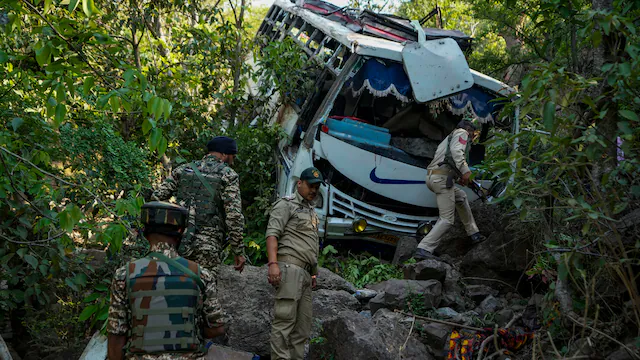














































































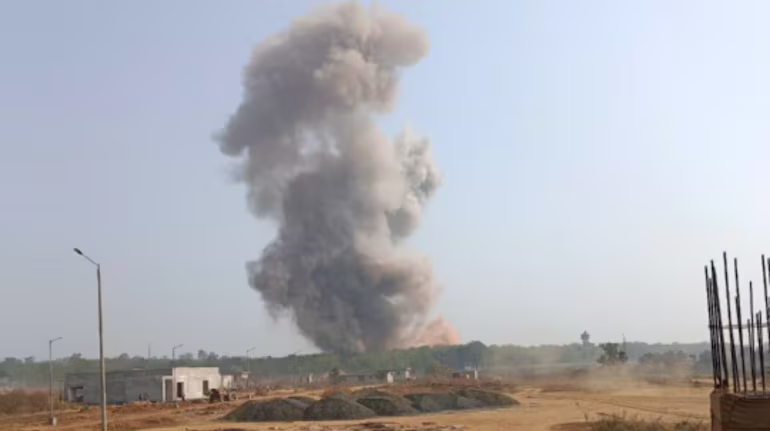


























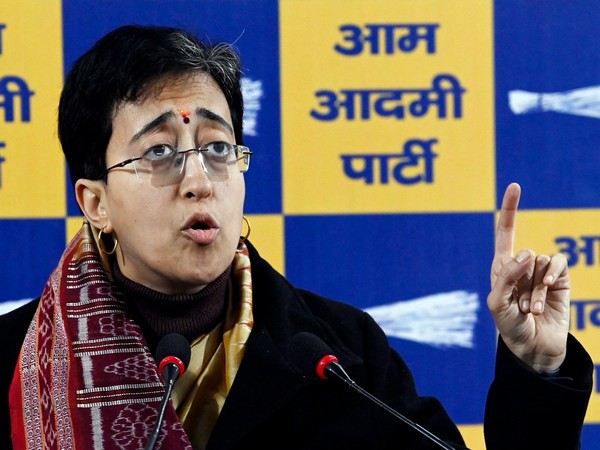



































.png)
 (1).png)



